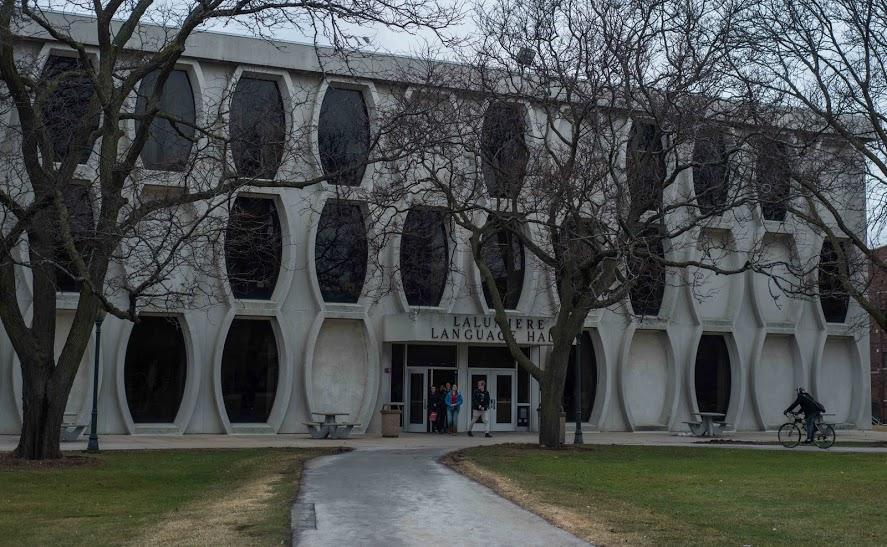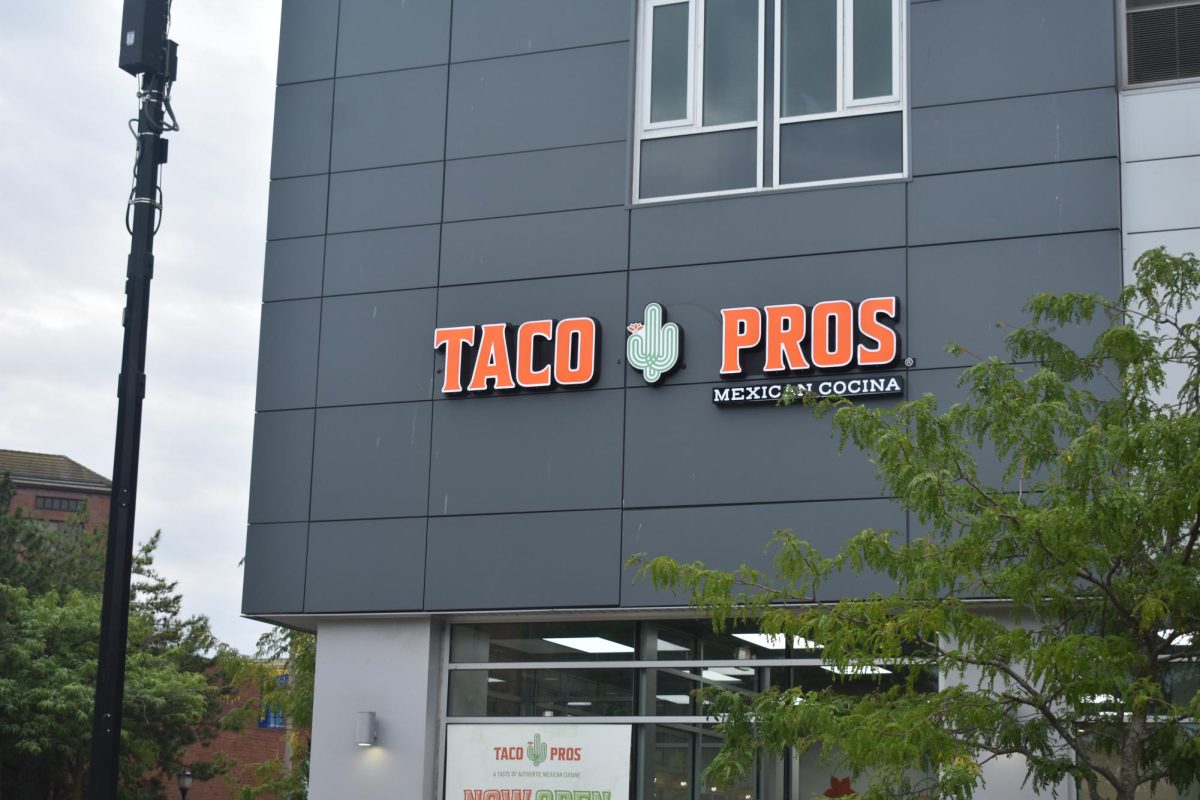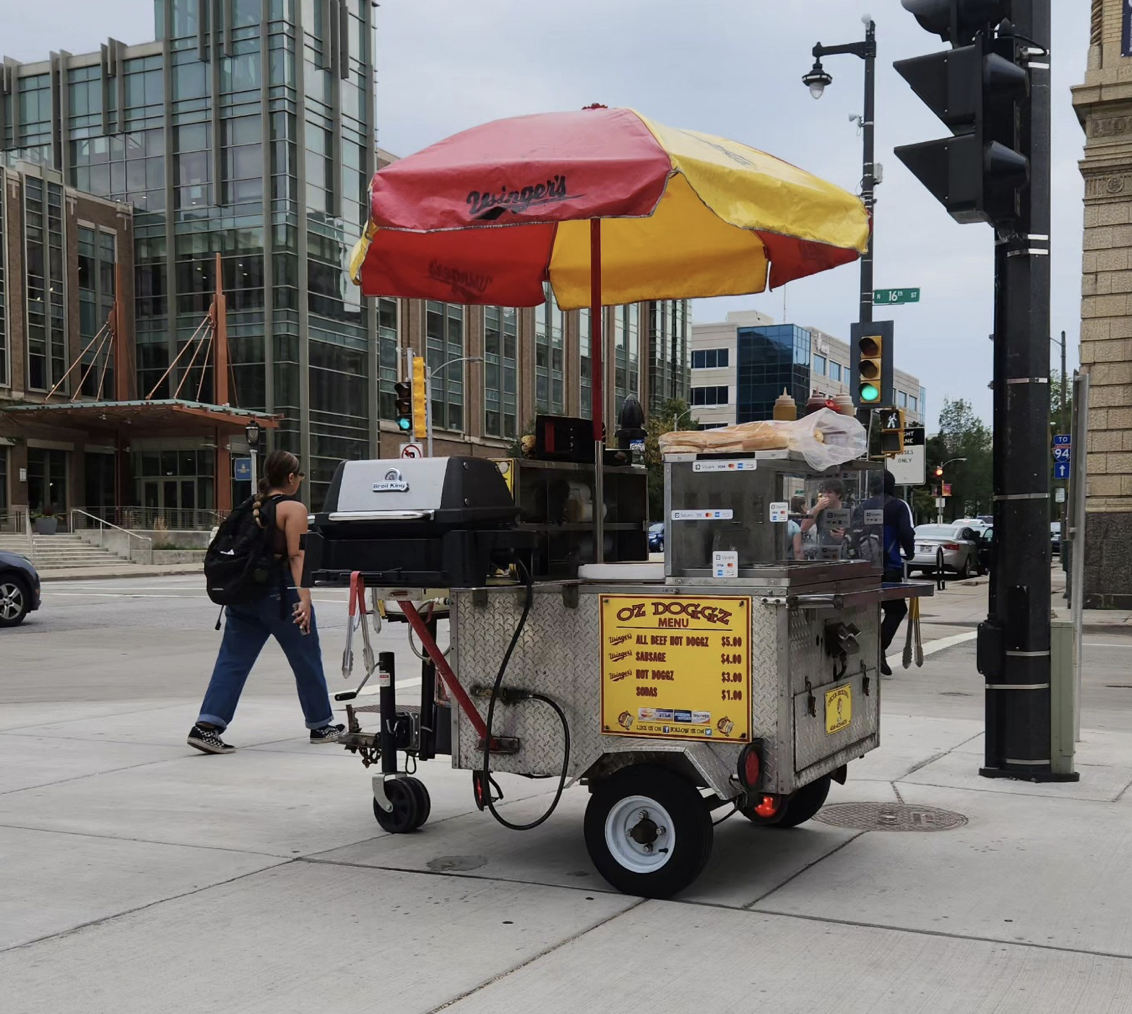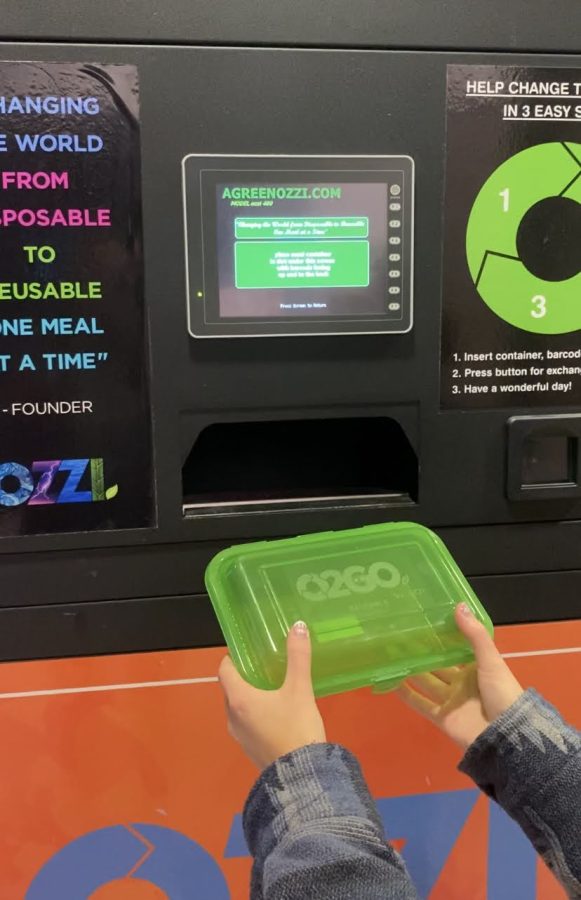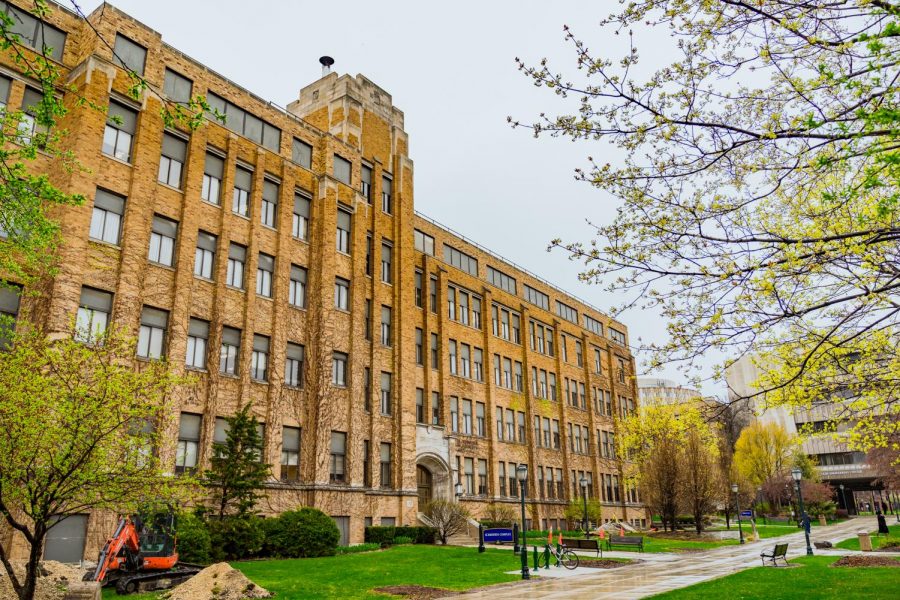A five-step recovery plan has been set in place by the Marquette Recovery Team as an approach for reopening campus for the fall 2020 semester. The Marquette Recovery Team is led by assistant chief of Marquette University Police Department Jeff Kranz with a division of members within the university’s COVID-19 Campus Response Team.
The recovery plan was presented in a virtual Marquette University town hall forum May 2, mediated by vice president of student affairs Xavier Cole. This forum was presented in part to respond to the pandemic’s impact on campus.
During the forum, Cole announced the possibility of starting the fall academic school year earlier and ending earlier, but is still preparing for to open campus August 31.
“Right now, we are are preparing for the 31st of August and know that it could be possibly earlier,” Cole said.
John Su, Vice Provost of Academic affairs said Provost Kimo Ah Yun has theorized an academic schedule where in-person classes end by Thanksgiving. Su said the academic calendar is still in the first phase of planning.
“The first stage is coming up with the basic scenarios of fully in-person to fully online, we shouldn’t ever leave that out, thats a real scenario,” Su said later.
Dr. Su is looking at three different strategies for creating safe student return back to campus.
“One is essentially looking across campus and all courses above a particular threshold of students will go online,” Su said. “The second way of approaching it is making the lecture part of the course online but the discussion sections will continue to be in person. The third option I’ve seen several institutions explore is where you have a cycle of students so that in any one class section, there is never more than that 50 person group.”
Kranz said at the forum that the plan was established to address the immediate requirements for returning campus back to an acceptable level of operations.
The first step to the phase is the “planning stage.” Kranz said in this stage, internal and external benchmarks will guide the university from the first to second step of the recovery plan. Currently, Marquette is in this stage.
The timeline for how each stage will progress is difficult to determine, Kranz said.
Step two will bring back a smaller group of staff to campus to enhance further plans about social distancing, personal protective equipment, and flow through buildings, Kranz said.
This step will be contingent with Wisconsin’s Health Department guideline for safe reopening.
The third step of the recovery plan would include expanding step two into more facilities and buildings to ensure safe social distancing measures for individuals returning to campus.
The fourth step will see a larger number of staff returning to campus to enhance planning step five even more, Kranz said,
The fifth step will prepare students to move back on campus, Kranz said. He did not expand further on what this would look like.
Kranz said the recovery plan will react and adapt in accordance with the public health impact of COVID-19.
“We have to be prepared to return — at any time — to a strict stay at home guideline,” Kranz said.
Within the Response Team there is a 25 person steering committee that meets daily to “share, discuss COVID-19 developments, prepare campus communications and development recommendations for the Execute Leadership Team,” according to the forum’s official meeting document.
The ELT — lead by President Lovell, Provost Kimo Ah Yun and Senior Vice President and Chief Operating Officer Joel Pogodzinski — determines all final decisions for the response team.
The Response Team’s Steering Committee has five subcommitees pertaining to academics, health and safety, employment, student life and external contacts.
Keli Wollmer, executive director of the Marquette Medical Clinic and head of the health and safety subcommittee, recommended at the forum that Marquette not reopen campus until it has sustained step two of the recovery plan.
Keli stated phase two of the plan requires a downward trajectory of positive cases as the percentage total test in a 14 day period decrease in Milwaukee and Wisconsin.
“We will need to be able to quickly test students with respiratory symptoms potentially being COVID symptoms and trace those contacts with positive results,” Wollmer said.
For campus reentry to be safe, faculty, staff and students need to be screened for COVID-19 symptoms.
Contact tracing is currently done in coordination with the Milwaukee Health Department, but Marquette would need to implement a system to assist the health departments contact tracing plans in the coming months, Wollmer said.
Wollmer said the current status for testing is underwhelming.
“Testing is really difficult right now, but as the weeks and months come that is going to improve,” Wollmer said.
When testing becomes more available, lab facilities on campus or partners with the Milwaukee health department could become testing sites for campus.
The health and safety team will also need to have a designated place on or near campus for a 2-4 weeks isolation period for those who test positive, Wollmer said.
Wollmer said the health and safety subcommittee is monitoring the community spread of the virus and will follow local, state and Center for Disease Control health guidances. There is currently 2,940 cases of the disease in Milwaukee County as of May 2. She said the development of screening and testing protocols are underway.
Su said future academic instructional policies the academic team will explore are reviewed by elected bodies such as the University Academic Senate, the Marquette University Student Government Executive Board and the Graduate Student Organization.
Su said the academics subcommittee will focus on creating a national best practice plan in the next two weeks. This will include drawing on national “best practices,” and taking into consideration what other institutions will be implementing in the fall for guidance.
After final exams have passed, Su said they will be looking for instructional feedback and input from faculty to brainstorm solutions for “all the various complexities we are going to be navigating together over these next six months.”
Assistant Vice President for Human Resources Lynn Mellantine and head of the employment subcommittee is currently developing a system to transition from remote to on-campus work.
“We are outlying a phased approach in which faculty and staff return to work on campus, including those who are furloughed,” Mellantine said. Student employees and graduate and research assistants are also being included in these plans and training for a safe return to work.
Mellantine said the committee is also creating training for returning to work, the first day back, as well as for ongoing needs. She said there will be health and safety instructions all employees returning to work on campus.
The employment subcommittee is also monitoring state regulations for the safe reopening of Marquette’s childhood center, and will be in contact with parents who use that service.
Mary Janz, executive director of residence life and head of student life subcommittee, said she recognizes how important it is for the university to be an “in-person residential experience.”
Still, the incoming student SPARK sessions will be held virtually to ensure “meaningful experiences for our incoming class,” Janz said.
The student life subcommittee will continue to work with residence life staff to continue training, to ensure staff has the “training they need and the materials they need to keep themselves protected and safe,” Janz said.
This story was written by JK Rees. He can be reached at james.rees@marquette.edu.

